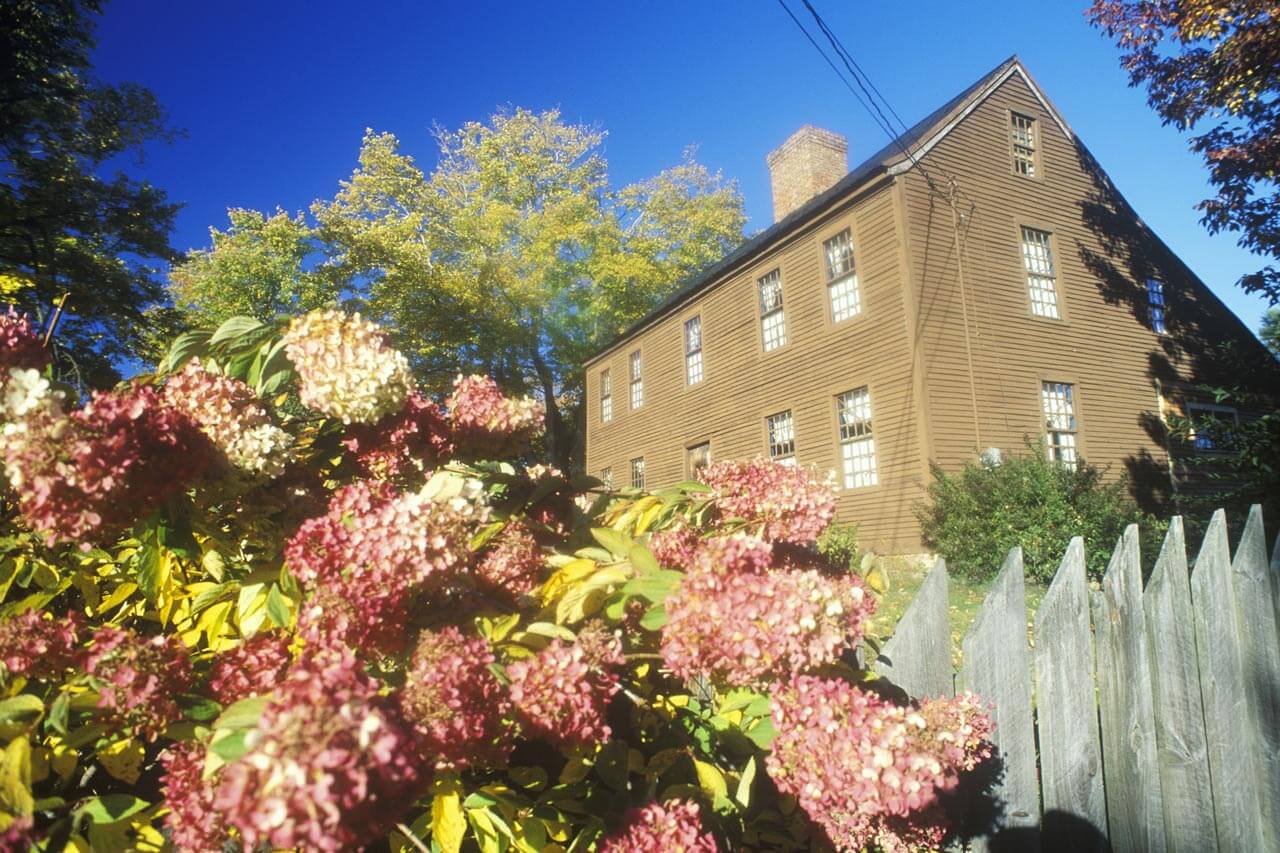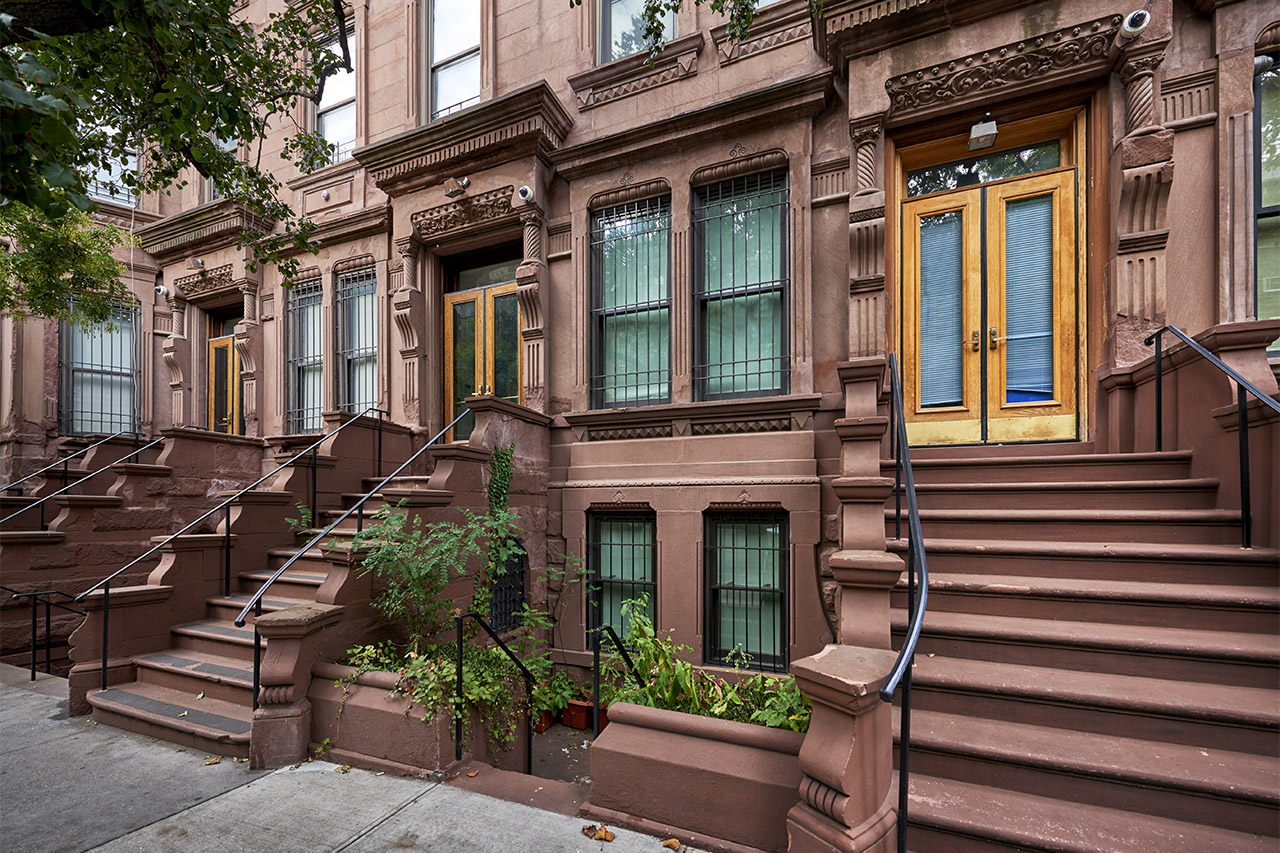
Use this guide to budget for building a saltbox house based on factors such as location, size, labor, and finishing costs.
Installing mobile home skirting costs an average of $2,400


Mobile home skirting installation costs an average of $2,400.
Average costs range from $1,500 to $5,000, depending on materials and home size.
Key cost factors include labor, skirting material, and the frequency of replacement.
Skirting offers energy efficiency, structural protection, and improved curb appeal.
This article was updated using automation technology and thoroughly reviewed for accuracy by HomeAdvisor Editor Ryan Noonan.
On average, homeowners spend $1,500 to $5,000 on mobile home skirting installation costs, with an average total of $2,400. Prices can range from as low as $500 to $7,700, depending on the skirting material, the size of your mobile home, and additional features.
The average cost of skirting panels is $6 to $8 per linear foot, so it's important to budget accordingly. A standard single-wide mobile home needs 150 linear feet of skirting panels, which amounts to an average cost of $900 to $1,200. Hiring a professional ensures proper installation, enhancing your home's durability and energy efficiency.
The total cost of installing mobile home skirting depends on several factors, including the materials you choose, labor rates, the amount of skirting needed, and added features.
Skirting materials affect the preparation work and the type of professional needed for installation. You can choose from various materials, including aluminum, vinyl, and fiber cement. Metal skirting is relatively simple to remove and reinstall, making it a practical choice if you expect to relocate your mobile home. Before choosing a material, consult a local siding professional to discuss the best skirting material for your lifestyle and climate.
Labor accounts for an average of 60% of the overall budget, making it one of the largest cost factors. Mobile home skirting installers charge between $60 and $125 per hour, depending on the project's complexity and size. A professional can install skirting for most mobile homes in one day, depending on the home's size and the ground level.
Pros measure the home’s perimeter in linear feet and multiply that figure by the average height from the ground to calculate how much skirting to order.
Access doors and skirting vents increase the overall project cost. The average cost of access doors is $50 to $85, while vents cost between $7 and $25 each.
When replacing skirting, add $200 to $500 for removal and disposal of the old material. Heavier materials may push costs higher.
Homeowners often match skirting to existing siding, but vinyl is the most budget-friendly option. Steel, foam, concrete or cinder block, and simulated stone or brick follow in price.
| Material | Average Cost (Single-Wide) | Average Cost (Double-Wide) |
|---|---|---|
| Vinyl | $630–$1,090 | $1,100–$1,550 |
| Insulated vinyl | $1,440–$4,000 | $1,760–$4,480 |
| Faux stone | $660–$1,000 | $920–$1,350 |
| Faux brick | $800–$1,500 | $1,200–$1,980 |
| Brick or concrete block | $700–$1,000 | $1,400–$2,000 |
| Timber | $1,500–$2,000 | $3,000–$4,000 |
Vinyl is the most common siding material because it's affordable and suitable for most climates. Depending on the size of the mobile home and the manufacturer, the cost to install vinyl skirting is between $630 and $1,550.
Insulated vinyl skirting, which costs $1,440 to $4,480, adds a layer of protection from the outdoor elements. It is particularly valuable in cold climates because it helps keep plumbing lines and connections underneath the home from freezing during the winter.
Materials that mimic the appearance of stone are often priced higher, but more affordable than real stone and much easier to install. The cost of installing faux stone siding will depend on the size and color of the stones, which average $660 to $1,350.
Faux brick (sometimes called simulated rock) mimics the look of real brick. Depending on the home size and manufacturer, installation costs range from $800 to $1,980.
Timber skirting can be made from pressure-treated pine decking boards or a composite wood material that lasts longer and requires less maintenance. You’ll pay $1,500 to $2,000 for timber skirting on the average single-wide mobile home or $3,000 to $4,000 on a double-wide home.
Consider these cost-saving strategies to make your mobile home skirting project more budget-friendly:
Ask your skirting installer if you’re able to reuse the existing frame to reduce the need for new materials.
Choose quality materials, which may cost more initially, but will have a longer lifespan and are less prone to needing costly repairs in the future.
Get at least three detailed quotes from local modular home builders who can install skirting or qualified handypersons in your area to ensure competitive pricing.
If you have the necessary tools and experience, you can install mobile home skirting yourself and save up to 60% on labor costs. Essential tools include tin snips, a snap lock punch tool, and a measuring tape. Remember to check your local regulations for any specific guidelines.
However, some warranties require professional installation. Hiring a skirting professional ensures the job is done correctly and efficiently. A professional skirting installer can often complete the installation in one day, saving you time and energy.
No place is more important than your home, which is why HomeAdvisor connects homeowners with local pros to transform their houses into homes they love. To help homeowners prepare for their next project, HomeAdvisor provides readers with accurate cost data and follows strict editorial guidelines. After a project is complete, we survey real customers about the costs to develop the pricing data you see, so you can make the best decisions for you and your home. We pair this data with research from reputable sources, including the U.S. Bureau of Labor Statistics, academic journals, market studies, and interviews with industry experts—all to ensure our prices reflect real-world projects.
From average costs to expert advice, get all the answers you need to get your job done.

Use this guide to budget for building a saltbox house based on factors such as location, size, labor, and finishing costs.

The cost to build a bungalow is based on style, size, and other factors. Learn more about average costs to budget for in the bungalow building process.

How much does it cost to build a house in Florida? Explore common cost factors, from permits and land to luxury finishes, with our detailed guide.

Explore the cost to build a house in New York based on key factors like materials, size, style, labor, and more with our comprehensive cost guide.

Using HomeAdvisors cost guide, youll learn how much it costs to build a house in Seattle. New build cost factors include labor, materials and permits.

Our concrete house cost guide covers insulated concrete form and other concrete home expenses. Explore the various cost factors to determine your budget.